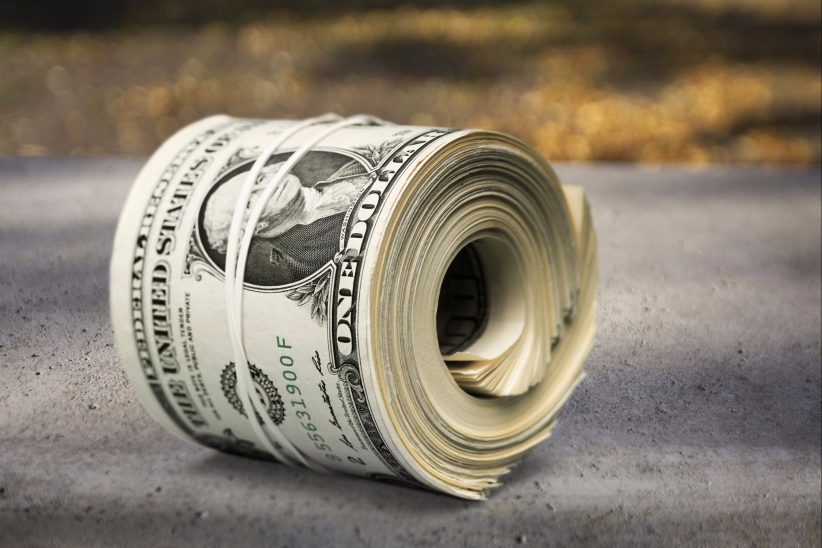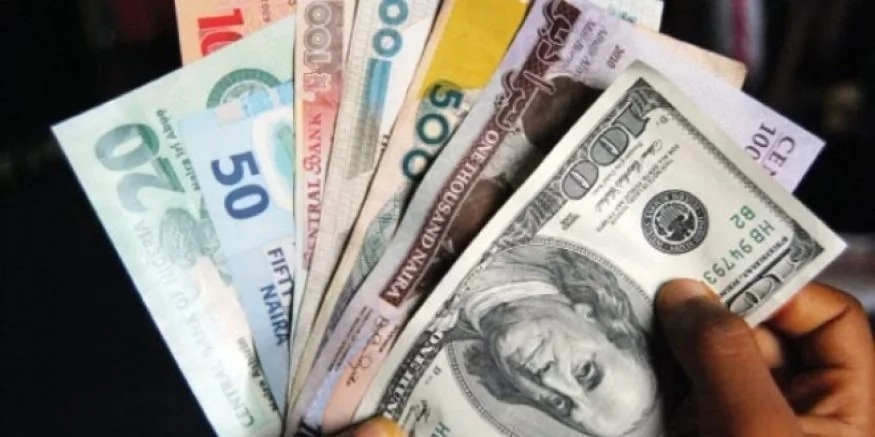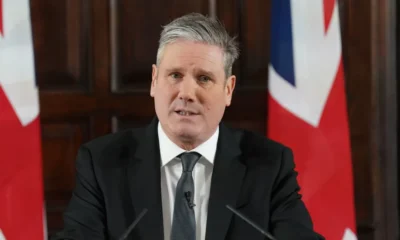Entertainment
7 Money Saving Tips That Don’t Cost A Penny

Everyone likes saving money. You don’t want to have empty pockets when you need money. It feels bad when you don’t have money when you need it the most. I have been to this situation. I know how it feels. Your friends turn their back. You find it hard to reach out to private money lenders. You don’t have a job. Bills are overdue…
Saving is the only thing that can save you from such situations. Following 7 money saving tips that I learned the hard way. Most of these tips are quite unorthodox and don’t seem like making any impact on your financial accounts but in reality, they do.
Money Saving Tips That Don’t Cost a Penny
Turn off your television
Turning off your television will help you save money in two different ways.
First, you’ll save money by downgrading (or canceling) your cable bill. Think you don’t spend too much on television subscription? Think again.
According to NPD Group, the average monthly TV bill is expected to reach $200 by 2020 in the US. This is a whopping $2400 a year. Downgrading or canceling your TV subscription can help you save money every month.
Second, all those persuasive ads that you see on your television increase your expenses because these ads make you realize that you need all those things. Turning off your television or even minimizing your exposure to ads will help you reduce your expenses and increase your savings.
Join shopping reward programs
There are several customer reward programs including hundreds of apps that help you save money when you shop for specific products from certain stores. Some of the apps will even let you earn hard cash. Some of these apps include:
Swagbucks
Gigwalk
Rewardable
iPoll
Google Opinion Rewards
Shopkick
Mobee
Here is the deal.
Join multiple apps and reward programs. Explore reward programs and choose the ones that align to your shopping style. Every time you’ve to buy something, take time and visit the app. You might save anywhere from $5 to $100 or you’ll earn rewards points that can be converted to gift cards or cash.
If you save $100 from these reward programs, you’ll save $1200 in a year. This is not an ignorable amount, right?
Save – then spend
Make a budget every month. Put a specific amount in your savings account every month and then try covering all the expenses from the remaining amount.
This is the best strategy to save money. If you’ve this habit, like millions of other people, to put leftovers at the month-end to your savings account, you’ll struggle. This is not how it will work. This never worked, you know it.
If you’re serious about saving, do the opposite.
If you earn $2000 every month. Put $200 in your savings account immediately when you get the salary. You can do this on autopilot. Contact your bank. The remaining $1800 is yours to spend the way you like.
This is how you’ll have something in your account every month.
The 30-day rule
This is one of my favorite rules to save money. It helped me a lot during bad days. The 30-day rule is a golden rule of personal finance. Here is how it works.
Whenever you’ve to buy something or you feel the need to buy something, wait for it. Wait for it for 30 days. In most cases, you’ll realize that you don’t have the urge to buy it by the end of 30 days. If you feel that it is really important and you still need it, you can proceed with the purchase after 30 days.
This technique works most of the times because your needs change with the passage of time. For instance, a few months back I decided to purchase a dash cam for my ride. I was at the store but I returned home without buying it. I waited. Next week, my mind changed and I saved $25 by not buying a dash cam.
Stick to the 30-day rule to increase your savings.
Spend time at home
This might sound strange but when you spend most of the time at home, you don’t have any exposure to spending money. On the contrary, if you visit your local store 3 times every week, you’re exposed to a lot of buying opportunities and you might end up spending money on stuff that you don’t need in the first place (if you don’t stick to the 30-day rule).
Spending most your time, during weekends especially, at home will help you save some serious money that you, otherwise, spend on unnecessary products.
Spend time with your family. Engage in an inexpensive hobby such as reading or listening to the music. Watching movies is one nice habit that won’t cost you a lot of money and you’ll be spending most of your time at your home.
Make it your habit
Planning to save money is important, as most of the experts say. But in my opinion and experience, planning doesn’t work great because no matter how much you plan, there are things that are out of control. For instance, you get invited to a party, you get a parking ticket, the hard disk of your laptop crashes one fine morning, etc.
You see there are several instances that you don’t have control on and you’ve to spend money.
An alternative approach to planning is changing your habits. You’ve to make saving your habit. This will help you save money unintentionally. If you’ve this habit to compare prices and choose the product that is affordable and you’ve this habit to use reward programs for shopping, you’ll save money naturally.
Focus on your habits instead of becoming a financial planner.
Make coffee at home
This one is for coffee-lovers. If you don’t love coffee, skip this section.
Spending $5 on coffee twice a day doesn’t seem to be an interesting idea. You don’t have to drink coffee at coffee shops. This is what most people love. Instead, start making coffee at home. You might lose the fun that you’ve at coffee shops but you’ll save money.
Conclusion
Saving money is all about setting priorities. These 7 money saving tips cannot do anything if saving isn’t your priority. For instance, if drinking coffee at a coffee shop is more important than saving money, it won’t work.
Perhaps the best tip I can give you is to set your priorities first. If it really is your priority to save money, stick to these tips. Every penny counts.























